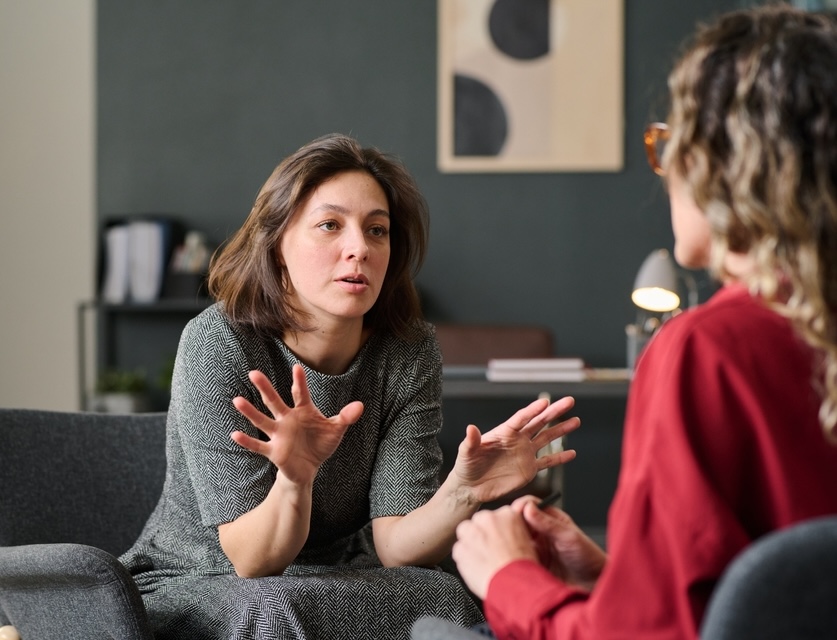By Alisha Pedowitz, Jewish LearningWorks’ Senior Educator
I read with interest the newly published research article, “You Stand Out No Matter What You Say” by Cheryl Weiner, Jonathan Krasner, Meka Greenwald, and Lance Rothchild, published out of the Jack, Joseph, and Morton Mandel Center out of Brandeis University. While their research focused on the experiences of Jewish college students post October 7 and through Israel’s ensuing war on Gaza, its findings resonated with much of what both I and my colleagues who work with Jewish teens — mainly high schoolers — are seeing and hearing.
There was much in their research that is helpful in understanding the various — and nuanced — ways that Jewish young people are experiencing and grappling with Israel-Palestine. In particular, I was drawn to their description of the growing “unsettled center” — the significant and growing portion of Jewish students “who feel confused, uncertain, or are actively questioning their views on Israel/Palestine and the war.” They are characterized as “analytical by disposition,” valuing “nuance and… the legitimacy of multiple perspectives.” These are young people who are doing what their education has encouraged — to dive deeper into understanding beyond sound bites, to look to learn from other perspectives beyond their own, to question and seek to learn from their questioning.
And yet, as Weiner et al point out, in the current polarizing and binary climate, this significant group of the Jewish student population is often overlooked in public discourse, and left out by Jewish institutions that focus on the most “ideologically committed” (i.e., in most cases, reaffirming of their support for Israel without question). In other words, the students who want to do what we strive for in educational spaces are the ones who feel they need to keep their mouths shut the most in order to belong, both in Jewish and in non-Jewish spaces.
Their conclusions speak to what I, and many of the educators I work with, are seeing first hand: the Jewish adolescents we work with are wanting a space to just be themselves, and to feel a sense of belonging and community that is not defined by their beliefs about Israel-Palestine. They also want to have opportunities within those spaces to question, discuss, listen, and learn in regards to Israel-Palestine, but without a specific viewpoint as the gateway.
It is for these very students that we need to be pushing ourselves to differentiate between education and advocacy, and to ask what skills we can help young people build that truly allows them to navigate the most difficult topics that impact their lives. At Jewish LearningWorks, we seek to support education that does both of these. This fall we:
- Created an inquiry framework paired with expert resources that we hope helps educators in their work with all Jewish young people, across their various beliefs and understandings on Israel-Palestine, including the “unsettled center.”
- Listed a new adolescent resilience workshop for educators who work with Jewish teenagers focused on developing skills for hard conversations. In this workshop, we will explore tools to help our students build their capacity to communicate across differences. We are proud to offer this workshop in partnership with NewGround: The Muslim-Jewish Partnership for Change.
We invite you to join us in continuing to create spaces for critical conversations for all of our students.
UPCOMING LEARNING OPPORTUNITY
Developing Skills for Hard Conversations with NewGround

January 15, 2026 at 10:00 am in Oakland.
For educators who work with adolescents. Join us to build skills that you can, in turn, model for your students. Led by Tasneem Noor, Program Director of NewGround – A Muslim-Jewish Partnership for Change.

